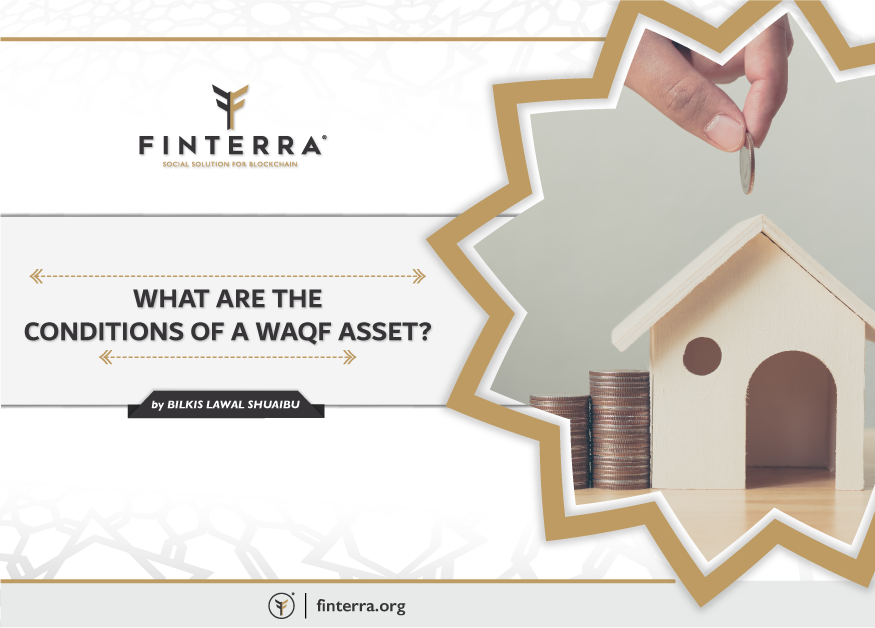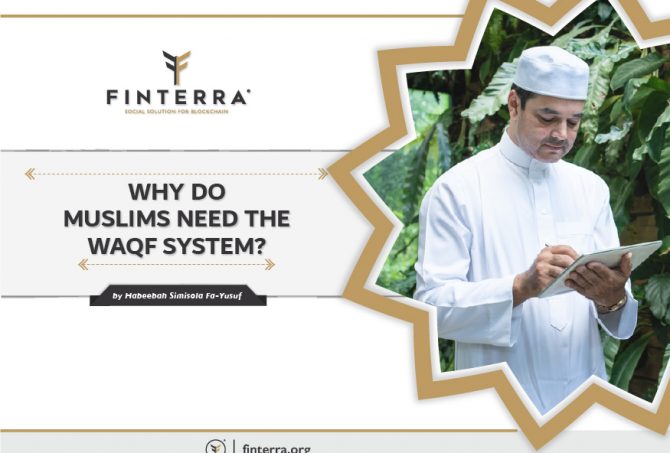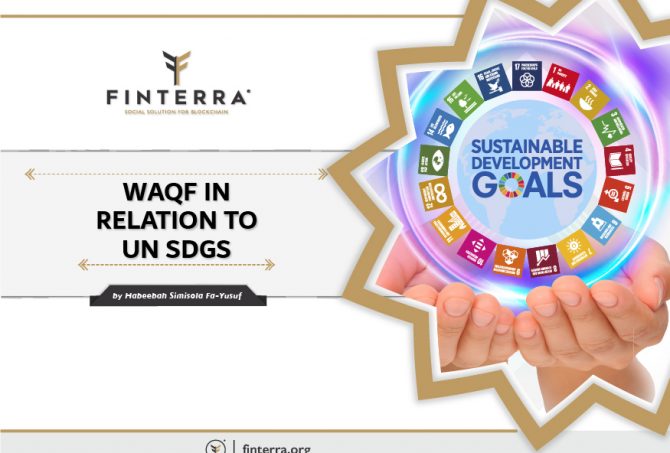What are the Conditions of a Waqf Asset?
By now, a lot of you humble readers have been educated by the peripheries of Waqf, as a few of the previous articles have addressed it. However, if that is not the case, a fleeting summary is that Waqf is an endowment undertaken by a Muslim to a Shariah complaint charity cause. Four components need to be present to validate a Waqf contract and they are: the Waqf giver (Waqif), the subject matter (Mawquf), the Waqf recipient (Mawquf’alaih) and, lastly, the offer and acceptance.
In Arabic, the term “Waqf asset” is referred to as ‘Mawquf’, which briefly refers to the subject matter in a Waqf contract. According to the Islamic practice, a Mawquf has certain conditions to fulfil that would deem it appropriate to be used as subject matter. The conditions are listed below:
http://www2.esyariah.gov.my/esyariah/mal/portalv1/enakmen2011/Eng_enactment_Ori_lib.nsf/f831ccddd195843f48256fc600141e84/90051d6811b58b9d48257635000de7c0?OpenDocument
https://www.globalsadaqah.com/blog/waqf-4pillars-conditions/
https://www.academia.edu/576257/THE_CONCEPT_AND_OBJECTIVE_OF_WAQF
https://www.lawctopus.com/academike/concept-waqf-muslim-law/
In Arabic, the term “Waqf asset” is referred to as ‘Mawquf’, which briefly refers to the subject matter in a Waqf contract. According to the Islamic practice, a Mawquf has certain conditions to fulfil that would deem it appropriate to be used as subject matter. The conditions are listed below:
- The worth of the asset: the asset to be used must possess value both in the society and in Shariah. This condition limits the use of things deemed Haram by the Shariah as subject matter and example of such is the use of a brewery, church or temple as subject matter as Shariah would not consider that an object of value.
- Permanent dedication: the property/subject matter to be used as a Mawquf must be permanently dedicated for the course of Waqf. In other words, once given, the property cannot be revoked by the issuer or owner of the asset.
- Ownership: the assigned property or subject matter must be one that is owned by the Waqif who is considered the founder of the Waqf or the person donating his/her property to the establishment of a Waqf. This condition therefore invalidates the donation of property not owned by the Waqif.
- Existence of the asset: the dedicated asset must be in existence and must be specified in quantity, size, location and other ways of specifications.
- Appointment of a trustee: as the Waqf property is expected to generate income to see to its management, revitalization and development. There has to be a Trustee, known as a Mutawalli, who would be responsible for its management. This trustee, as employed, is expected to receive fees for his/her duty.
- Perpetuity of the asset: regarding the perpetuity of the Mawquf, the four mazhabs are of differing opinions with the Hanifis stipulating that the asset must be one that has a perpetuity, the Shafii and Hanbali’s are of the opinion that any assets can be utilized so far its corpus can be maintained and remains intact. Lastly, the Malikis on the other hand do not give importance to >perpetuity and rather establish that the ownership of the Mawquf by the Waqif is enough to validate the subject matter.




